Understanding Coffee Roasting for Different Brewing Methods
Roasting is the crucial step that unlocks the aroma, flavour, and character of coffee beans. Green coffee beans are soft, spongy, and grassy before roasting. Through carefully controlled heat, chemical changes occur that create the complex flavours we associate with brewed coffee.
Espresso vs Filter Coffee
Different brewing methods require specific roasting profiles:
-
Espresso Beans: Roasted longer during the development phase to round off acidity, enhance body, and produce a smooth, balanced flavour. Espresso roast emphasises a heavier mouthfeel and a richer aroma.
-
Filter Coffee Beans: Roasted lighter to retain subtle, fruity, or floral notes. The shorter development phase preserves origin-specific flavours and allows drinkers to appreciate the nuances of terroir and processing methods.
Professional roasters rely on experience and precise timing. Even a few seconds difference in roasting can affect flavour, making expertise critical in producing high-quality coffee for wholesale or retail markets.
Why Proper Packaging Matters in Coffee Wholesale
For distributors, clear and functional packaging is as important as roasting:
-
Label the brewing method: “Espresso” or “Filter” clearly guides consumers to brew correctly.
-
Include origin and flavour notes: Educates consumers and adds perceived value.
-
Degassing valves: Espresso beans release CO₂ quickly after roasting. Proper degassing prevents packaging rupture, preserves freshness, and ensures beans arrive in optimal condition.
When sourcing coffee for your café, restaurant, or retail store, pairing beans with Coffee Cups Wholesale options enhances the customer experience. High-quality cups help preserve aroma and temperature, giving your clients a premium coffee service.

Coffee Cups Wholesale – Benefits for Your Business
Investing in bulk coffee cups can bring several advantages:
-
Cost Efficiency – Purchasing cups in bulk reduces unit costs, making it economical for cafés, hotels, and restaurants.
-
Consistency – Uniform cup design ensures a professional presentation for all servings.
-
Quality Materials – Ceramic and porcelain cups are fully food-safe, dishwasher-friendly, and durable for repeated use.
-
Customisation – Logos, colours, and patterns can reinforce branding and enhance customer engagement.
-
Environmental Benefits – Many cups are reusable and eco-friendly, reducing reliance on disposable cups.
Wholesale coffee cups paired with properly roasted beans create a premium beverage experience that encourages repeat purchases and strengthens your brand.
Types of Coffee Cups for Wholesale
1. Ceramic Coffee Cups
-
Made from high-quality clay, fully inert and non-toxic.
-
Retain heat well and are resistant to chipping.
-
Available in multiple shapes, sizes, and textures suitable for espresso, cappuccino, latte, or cold beverages.
2. Porcelain Coffee Cups
-
Elegant, lightweight, and translucent.
-
Perfect for premium cafés and fine dining settings.
-
Customisable for logos, patterns, or seasonal designs.
3. Bone China Coffee Cups
-
High-strength cups with excellent resistance to chipping.
-
Maintain temperature and enhance presentation for high-end coffee service.
-
Popular in Western markets for premium café offerings.
Pairing Coffee Roast and Cup Type
Choosing the right cup enhances flavour perception:
-
Espresso: Small, thick-walled cups (50–80ml) to maintain heat and concentrate aroma.
-
Cappuccino: Medium cups (150–200ml) with room for milk foam.
-
Latte: Larger cups (250–350ml) for layered milk and espresso drinks.
-
Filter Coffee: Large mugs or cups for slow sipping and aroma appreciation.
By offering the right cup with each brew, your business can provide a superior coffee experience. This is where Coffee Cups Wholesale becomes essential for cafés, hotels, and retailers.
Tips for Wholesale Buyers
-
Check Minimum Order Quantities (MOQ): Ensure your supplier can meet your seasonal demand.
-
Request Samples: Verify colour, weight, and durability before placing large orders.
-
Certifications: Ensure cups meet international safety standards (FDA, LFGB, CE).
-
Customisation Options: Logos, patterns, or hand-painted designs add brand value.
-
Packaging and Shipping: Choose suppliers with protective, export-ready packaging to avoid breakage during transit.
Maintaining Your Coffee Cups
Proper care ensures longevity and hygiene:
-
Dishwasher Safe: Most ceramic and porcelain cups are suitable for dishwasher use.
-
Avoid Metal Scrubbers: Use soft sponges to protect glaze and prints.
-
Temperature Control: Avoid sudden temperature shocks to prevent cracking.
-
Regular Inspection: Check for chips or cracks to maintain customer safety and brand reputation.
Frequently Asked Questions
Q: What is the difference between ceramic and porcelain coffee cups?
A: Ceramic cups are denser and thicker, retaining heat well. Porcelain is lighter, more translucent, and ideal for premium presentation.
Q: Can I order custom designs for wholesale coffee cups?
A: Yes, many suppliers offer OEM services, including logo printing, decals, and seasonal patterns.
Q: How do I store wholesale coffee cups?
A: Keep them in dry, secure storage. Stack carefully to avoid chipping.
Q: What is the lead time for bulk orders?
A: It varies by supplier and customisation needs, typically 6–8 weeks for OEM orders.
Understanding coffee roasting, packaging, and serving is critical for cafés, restaurants, and retailers. Pairing high-quality roasted beans with the right cups from Coffee Cups Wholesale ensures an exceptional beverage experience. By sourcing bulk cups, businesses can reduce costs, maintain consistency, and offer a professional, branded service to their customers.


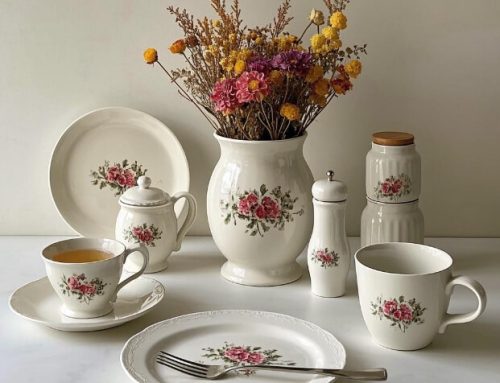
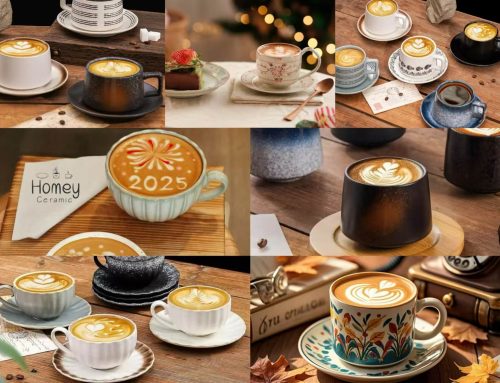
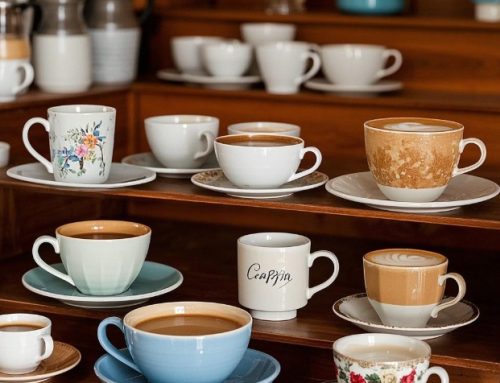
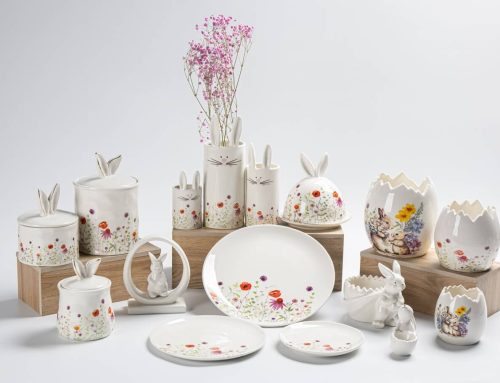
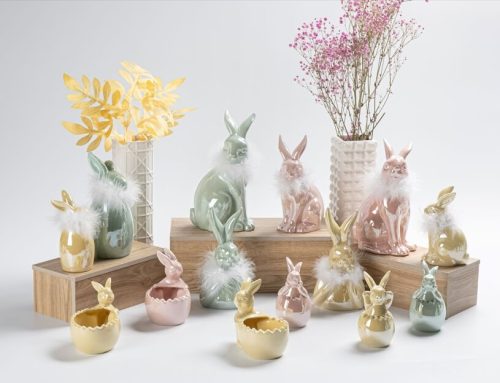
My brother suggested I might like this website He was totally right This post actually made my day You cannt imagine just how much time I had spent for this information Thanks
Spot on with this write-up, I seriously feel this amazing site needs far more attention. I’ll probably
be returning to read more, thanks for the info!
Pretty section of content. I just stumbled upon your blog and
in accession capital to assert that I acquire in fact enjoyed account your blog posts.
Anyway I will be subscribing to your feeds and even I achievement you access consistently fast.
Thanks for sharing your thoughts about website.
Regards
Fantastic items from you, man. I’ve consider your stuff prior to and you
are just extremely excellent. I really like what you have bought right
here, certainly like what you’re stating and the way in which through which you are
saying it. You’re making it entertaining and you still care for to keep it smart.
I can not wait to read much more from you. That is actually a terrific
site.
Incredible points. Solid arguments. Keep up the
amazing effort.
What i don’t realize is in fact how you are now not actually a lot more smartly-appreciated than you may
be now. You’re so intelligent. You already know therefore significantly with regards to this topic, produced me individually believe it from a lot of numerous
angles. Its like men and women don’t seem to be interested until it’s something to accomplish with Girl gaga!
Your individual stuffs great. Always handle it up!
Hi! I’m at work browsing your blog from my new iphone 3gs!
Just wanted to say I love reading through your blog and look
forward to all your posts! Carry on the excellent work!
I do not even know how I ended up here, but I thought this post was great.
I don’t know who you are but certainly you’re going to a famous
blogger if you are not already ;) Cheers!
I was able to find good advice from your blog posts.
It’s actually a great and helpful piece of information.
I am satisfied that you shared this useful information with us.
Please stay us informed like this. Thanks for sharing.